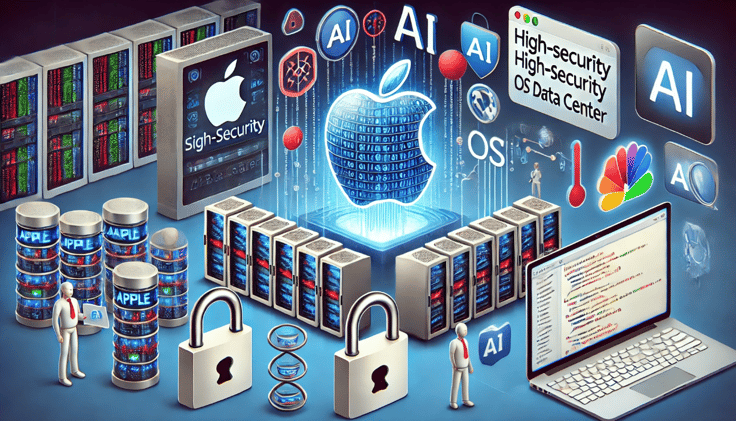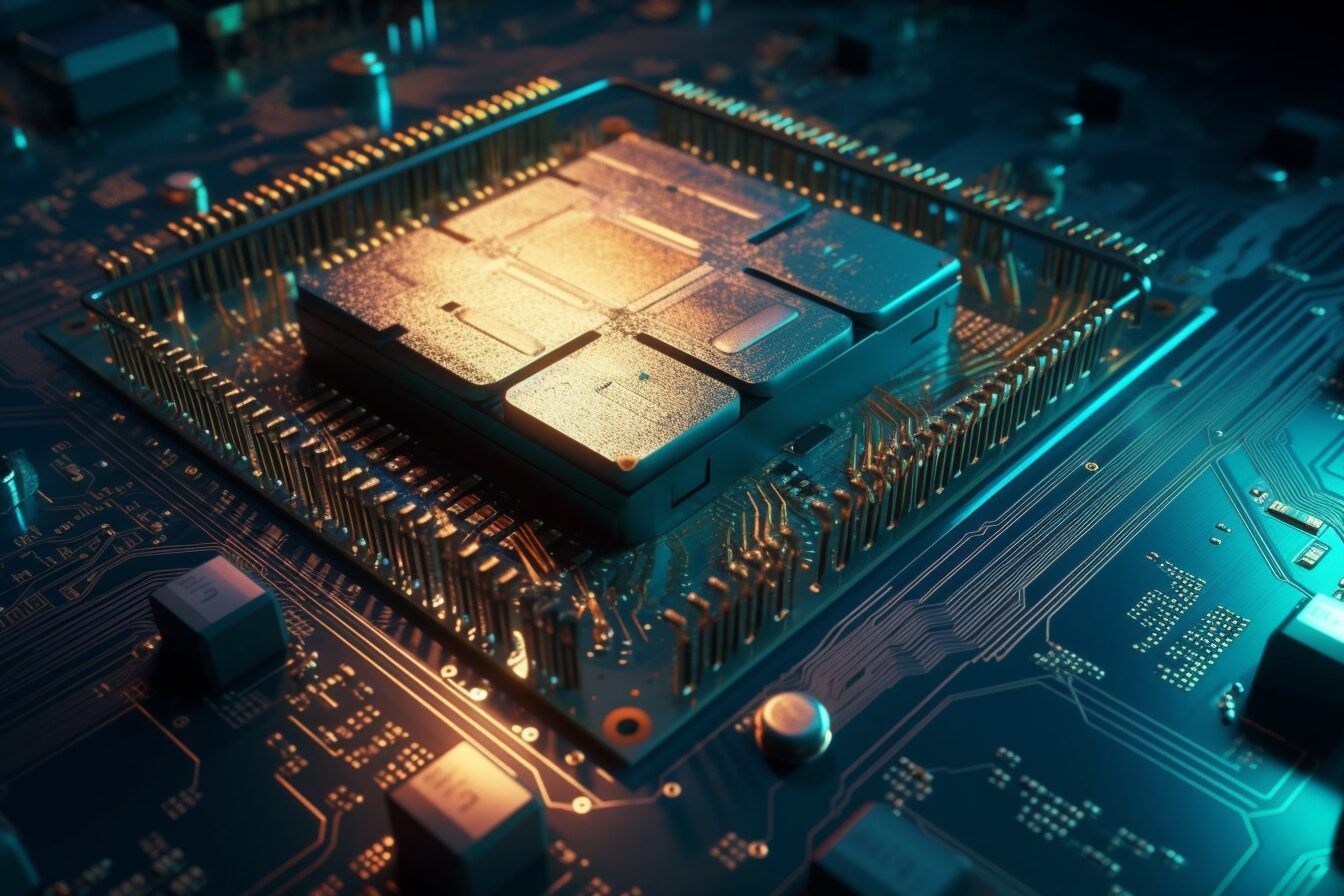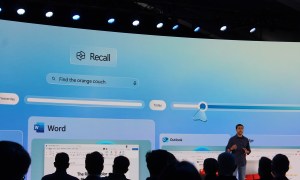In a significant move towards enhancing the security of artificial intelligence (AI) operations, Apple is developing a high-security operating system (OS) specifically designed for its AI data centers. Dubbed Private Cloud Compute (PCC), this innovative development is part of Apple’s broader AI initiative, Apple Intelligence, which was recently announced by Craig Federighi, Apple’s head of software engineering.
Introducing Private Cloud Compute (PCC)
PCC has been engineered to support the computationally intensive tasks associated with generative AI models. According to Federighi, independent security experts will be able to scrutinize the PCC code to verify Apple’s commitment to user privacy. This is a significant assurance for users who are increasingly concerned about data protection and security.
One of the key features of PCC is that it ensures the deletion of user data from its servers once a request has been fulfilled, thereby preventing any permanent storage of personal information. This feature aligns with Apple’s existing commitment to safeguarding user data and upholding strict privacy standards.
Ensuring Security and Transparency
Apple’s technical team has announced plans to operate PCC servers on a customized version of the company’s OS software, which will be accessible for inspection by security researchers. Furthermore, the company intends to make publicly available software images of every production build of PCC. This initiative demonstrates Apple’s dedication to transparency and openness in its AI operations.
In addition, Apple plans to periodically release subsets of the security-critical PCC source code, allowing external experts to conduct thorough audits of the codebase. This move underscores Apple’s commitment to collaboration with the broader developer community in ensuring the highest standards of security.
Unique Security Measures
The development of PCC represents an unprecedented level of transparency and openness in AI operations. One notable innovation is the inclusion of the sepOS firmware and iBoot bootloader in plaintext within PCC images, facilitating easier examination by researchers. This move has been hailed as a significant step forward in promoting collaboration between Apple and the broader security community.
Apple assures that its devices will only communicate with PCC nodes that have undergone cryptographic verification to confirm they are running publicly listed software. This stringent security measure underscores Apple’s commitment to upholding high standards of privacy and security.
Operating System Details
The PCC OS is a fortified version of iOS and macOS, designed to efficiently manage large language model (LLM) workloads while minimizing vulnerabilities. Servers utilizing the PCC OS will leverage Apple’s own chips, which are similar to those used in iPhones, iPads, and Macs. Furthermore, these servers will benefit from iOS security features such as Code Signing and sandboxing.
Future Availability and Insights
Although specific dates for developer access to the new software were not provided, Apple researchers indicated that security researchers would receive an early preview "soon." This suggests that the company is eager to engage with external experts in testing and refining the PCC OS.
ZDNET’s Maria Diaz speculated that iOS 18 betas might be available as early as July. Additionally, Apple’s site notes that Apple Intelligence will be available in beta this fall on certain devices. These developments indicate a clear commitment from Apple to advancing AI research while prioritizing user security.
Conclusion
Apple’s high-security OS for AI data centers represents a major breakthrough in securing AI operations. By enabling external verification and incorporating robust security measures, Apple is setting a new standard in AI data center security. The development of PCC underscores the company’s commitment to promoting transparency and openness in its AI initiatives, aligning with its existing values of user-centricity and dedication to privacy.
As the use of AI continues to grow, ensuring the security and integrity of these operations becomes increasingly critical. Apple’s innovation in this area will likely have far-reaching implications for the broader tech industry, underscoring the importance of prioritizing user data protection and security in AI development.



